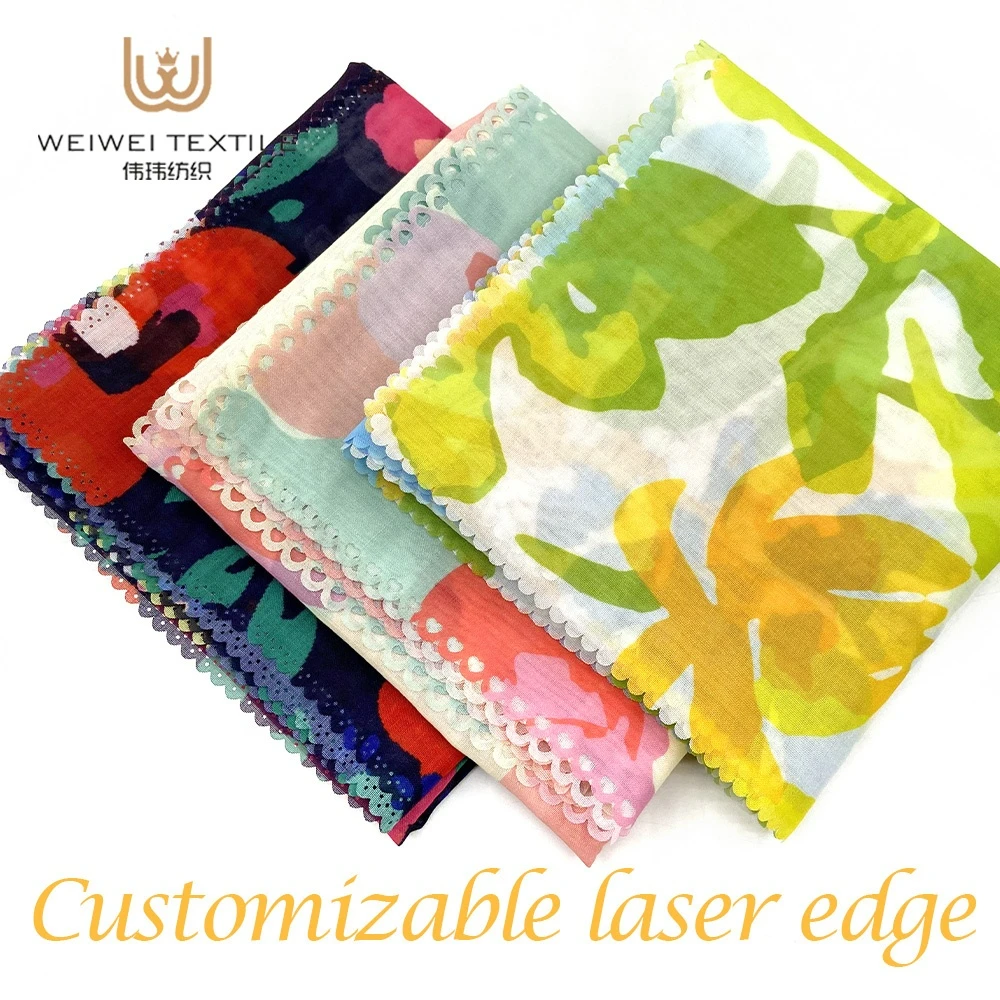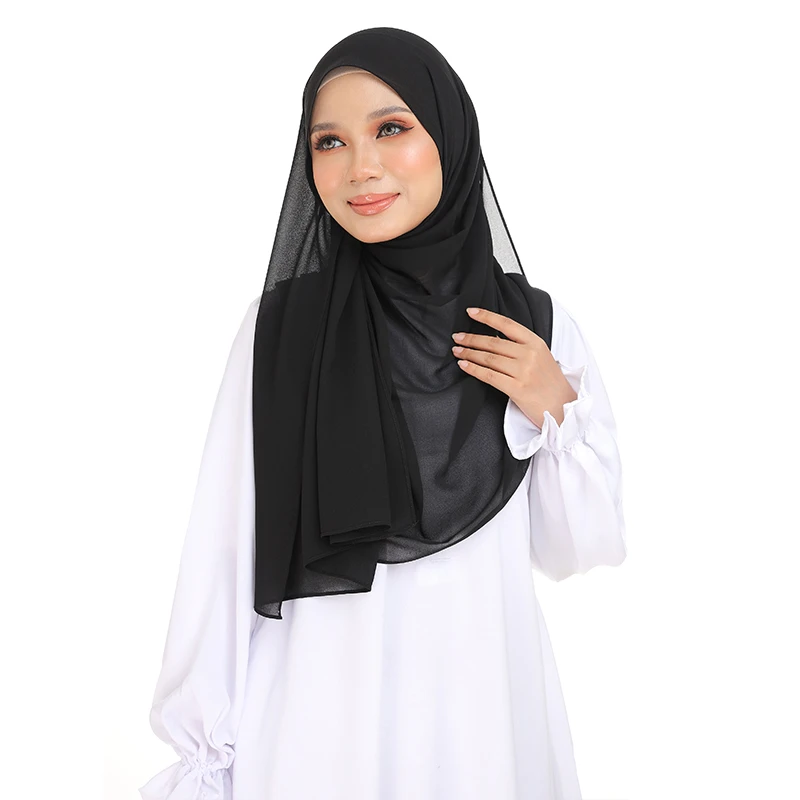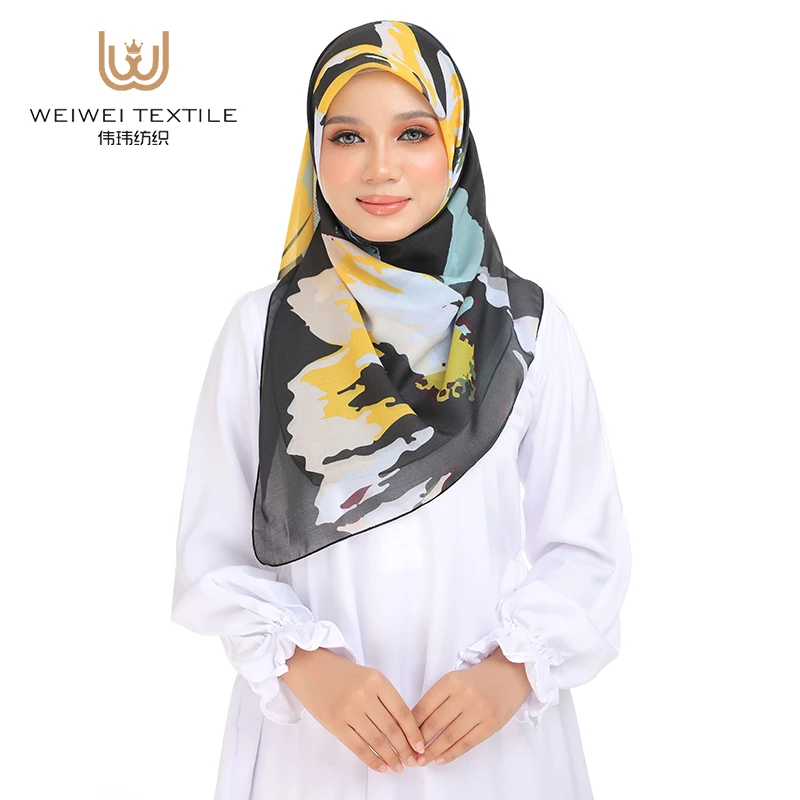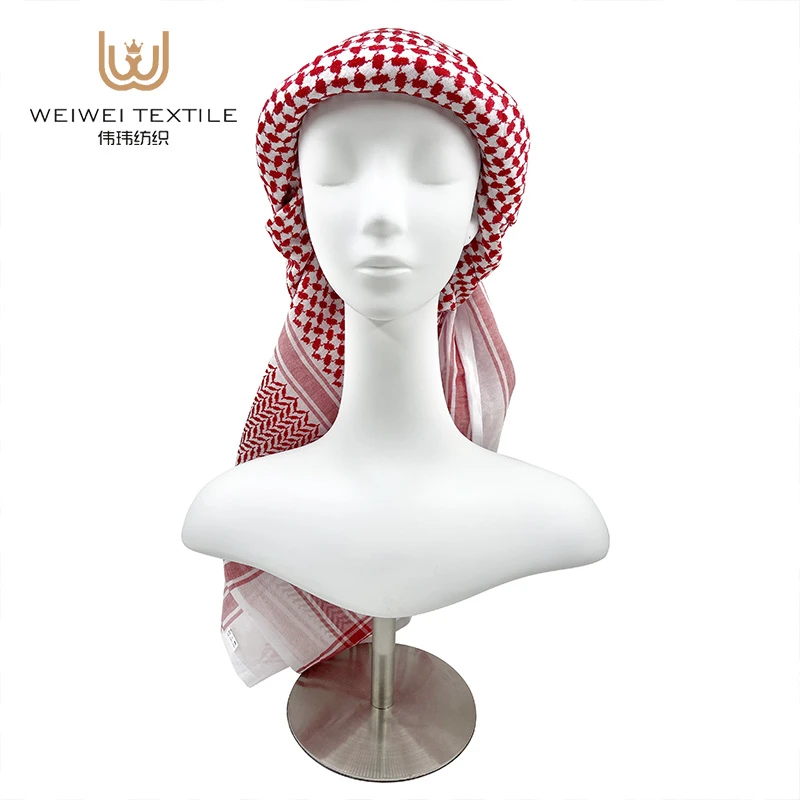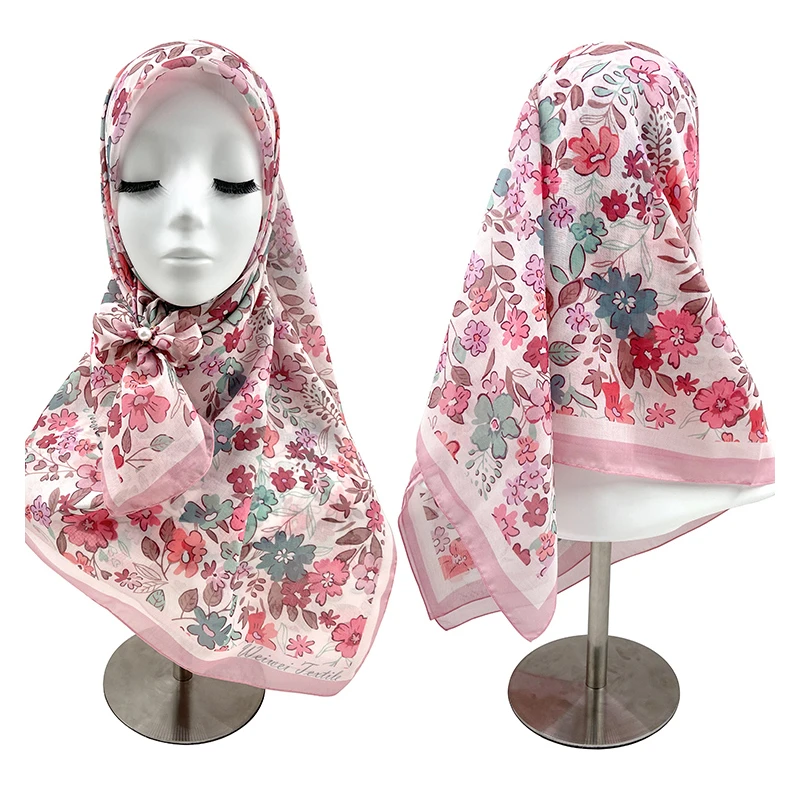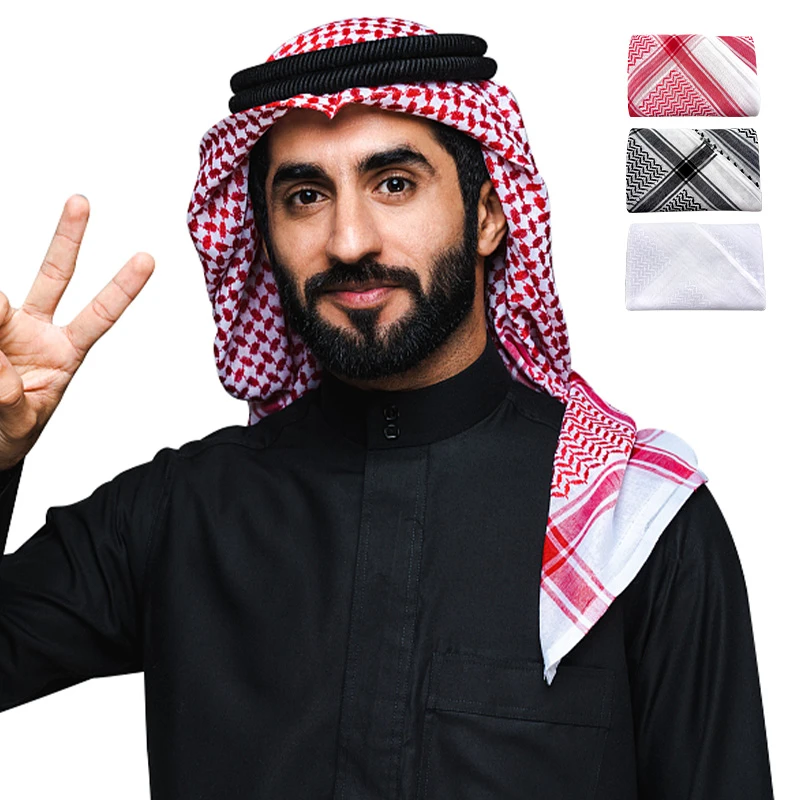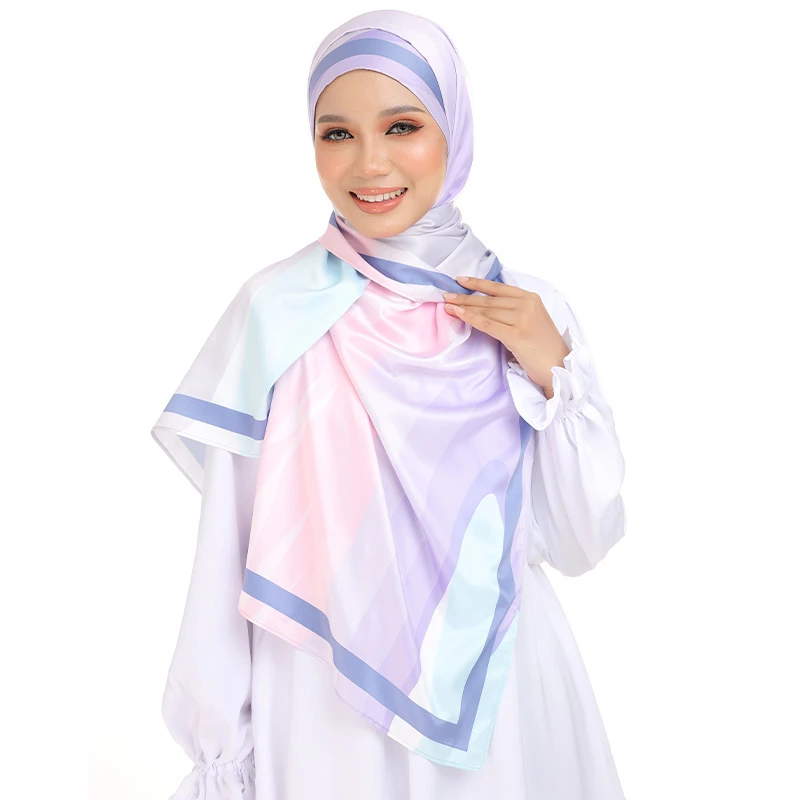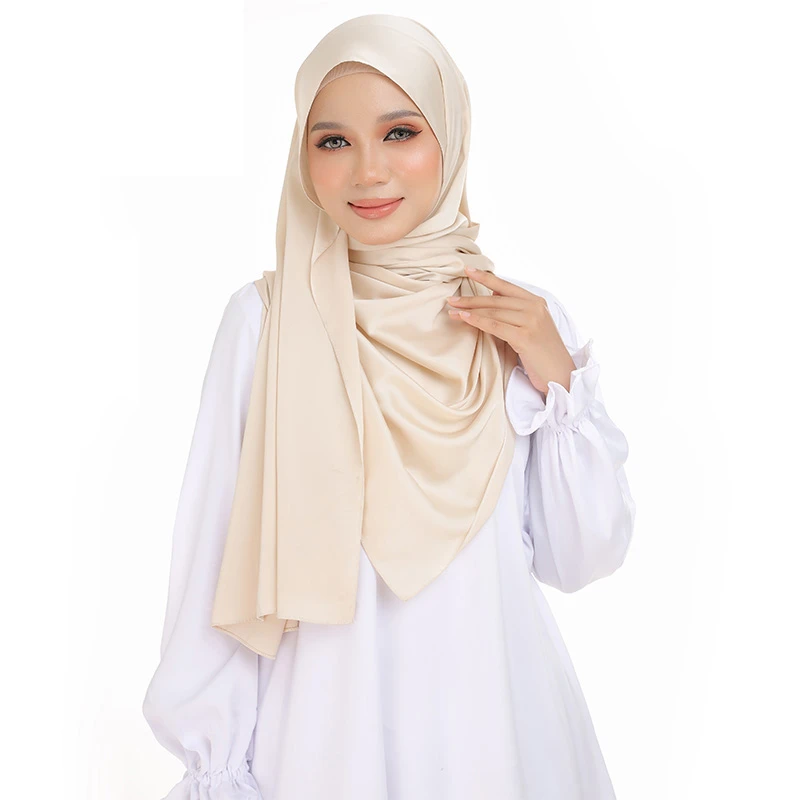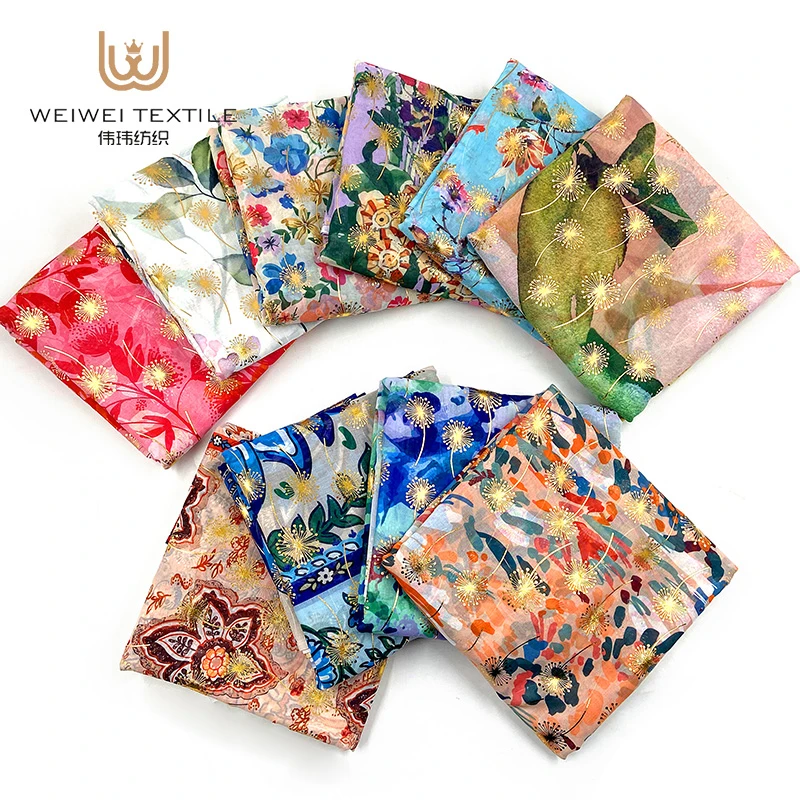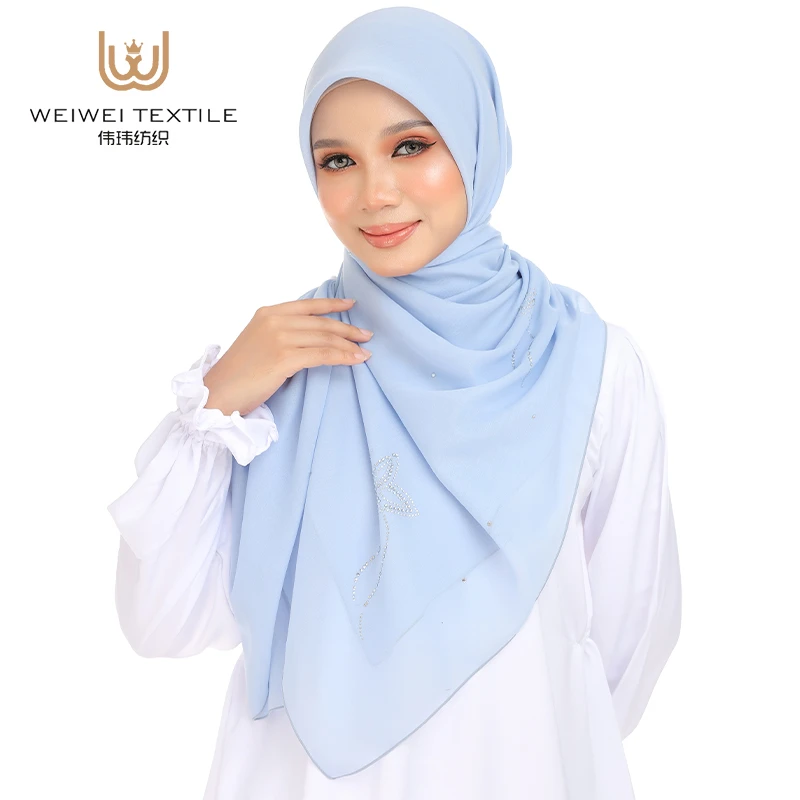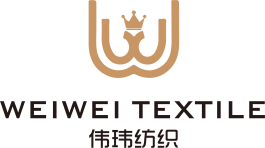Feb . 03, 2025 01:57 Back to list
ethnic scarves shawls
Ethnic scarves and shawls have long been treasured accessories that carry rich narratives and cultural significance. Across the globe, these vibrant pieces tell stories of heritage, tradition, and artisanal craftsmanship. To truly appreciate and select these extraordinary items, it's essential to delve deeper into their origins, creation, and styling possibilities.
Trustworthiness in the market for ethnic scarves and shawls is built upon transparency and sustainability. Customers are increasingly conscious of the environmental and ethical implications of their purchases. Thus, brands that prioritize fair trade practices and sustainable production methods earn the trust of their clientele. Buying from companies that offer readily available information regarding their sourcing and production processes can reassure customers that their purchase contributes positively to the global community. For individuals seeking to diversify their wardrobe with ethnic scarves and shawls, understanding these four pillars is essential. It goes beyond mere selection; it's an initiation into a journey through time-honored traditions and artistic mastery. Mixing these pieces into one's ensemble can either subtly enhance a look with a nod to cultural appreciation or boldly celebrate global diversity with a standout statement. Pairing a finely woven Turkish silk scarf with a modern outfit not only adds color and texture but also initiates conversations about history and artistry. In conclusion, ethnic scarves and shawls serve not only as versatile fashion accessories but also as bridges to the world’s diverse cultures and traditions. By valuing the experience, expertise, authority, and trustworthiness associated with these pieces, consumers can more meaningfully engage with what they wear, ensuring their accessories do not merely adorn but educate and inspire.
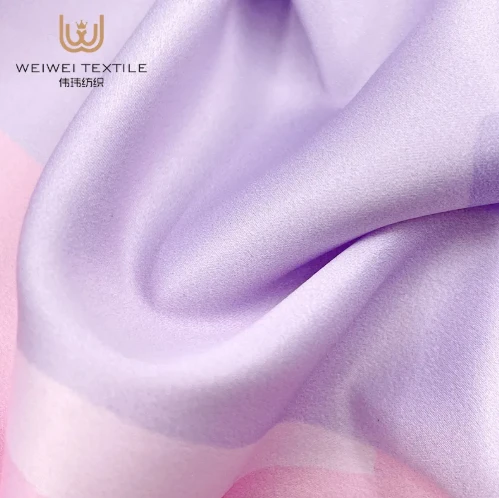

Trustworthiness in the market for ethnic scarves and shawls is built upon transparency and sustainability. Customers are increasingly conscious of the environmental and ethical implications of their purchases. Thus, brands that prioritize fair trade practices and sustainable production methods earn the trust of their clientele. Buying from companies that offer readily available information regarding their sourcing and production processes can reassure customers that their purchase contributes positively to the global community. For individuals seeking to diversify their wardrobe with ethnic scarves and shawls, understanding these four pillars is essential. It goes beyond mere selection; it's an initiation into a journey through time-honored traditions and artistic mastery. Mixing these pieces into one's ensemble can either subtly enhance a look with a nod to cultural appreciation or boldly celebrate global diversity with a standout statement. Pairing a finely woven Turkish silk scarf with a modern outfit not only adds color and texture but also initiates conversations about history and artistry. In conclusion, ethnic scarves and shawls serve not only as versatile fashion accessories but also as bridges to the world’s diverse cultures and traditions. By valuing the experience, expertise, authority, and trustworthiness associated with these pieces, consumers can more meaningfully engage with what they wear, ensuring their accessories do not merely adorn but educate and inspire.
Perv:
Next:
Latest News
-
Traditional Tudung Designs in Malaysia
NewsJul.25,2025
-
The Spiritual Significance of Satin in Muslim Attire
NewsJul.25,2025
-
The Right Way to Wear Arab Scarves for Muslim Women
NewsJul.25,2025
-
Zikr Bead-Infused Cotton Voile for Continuous Remembrance
NewsJul.11,2025
-
The Cultural Significance of Tudung in Malaysia
NewsJul.11,2025
-
Satin Hijabs as an Expression of Faith in Daily Life
NewsJul.11,2025




